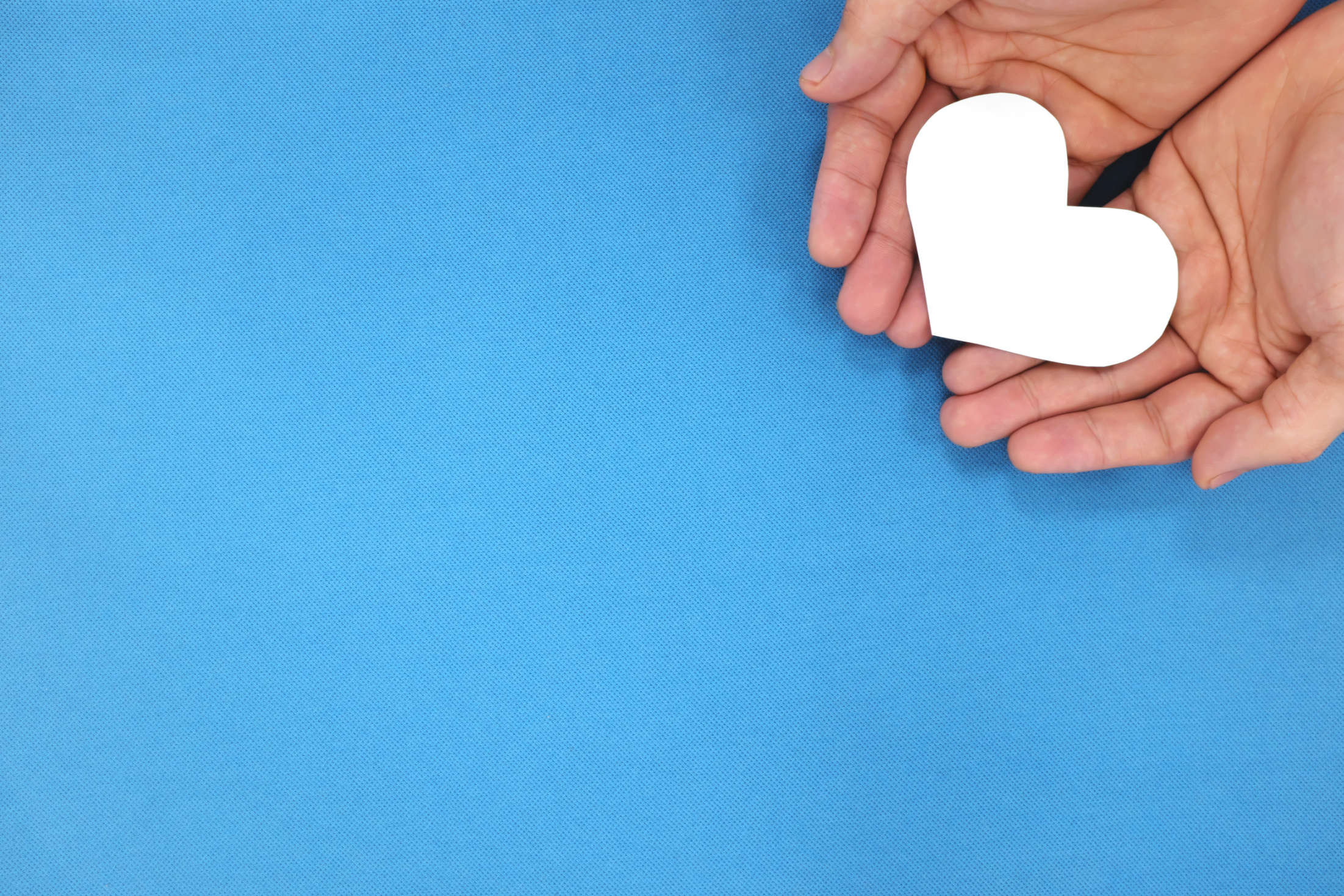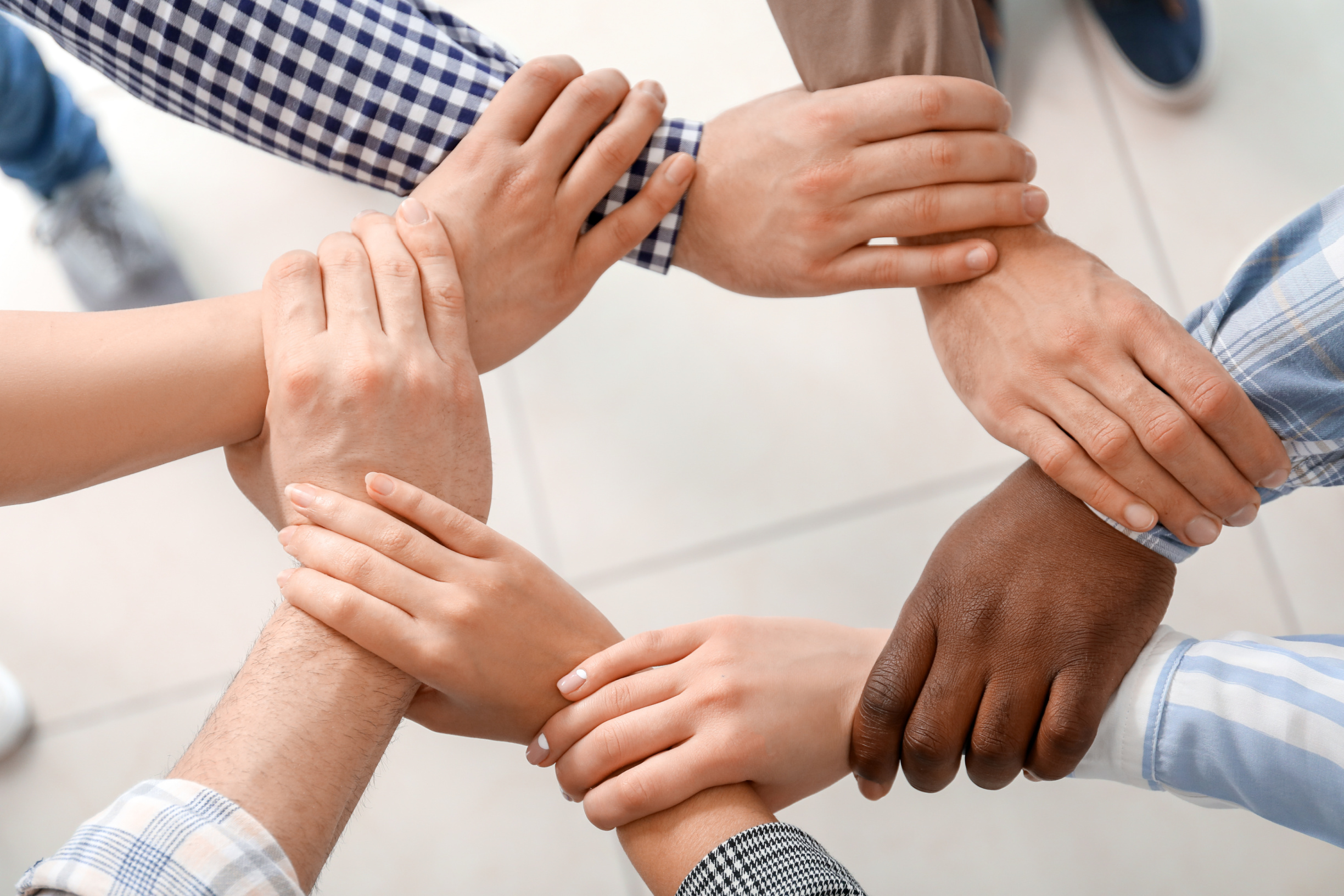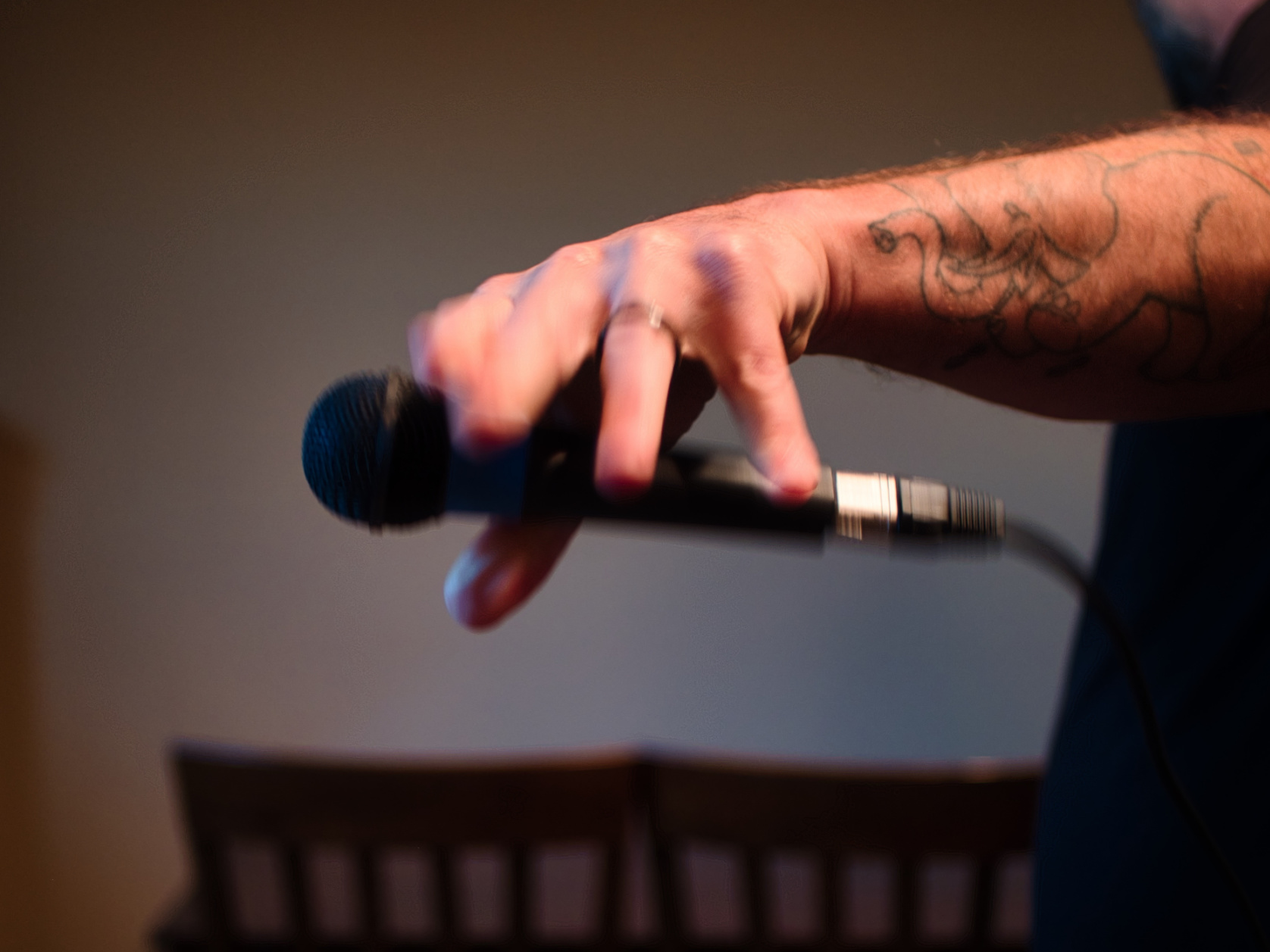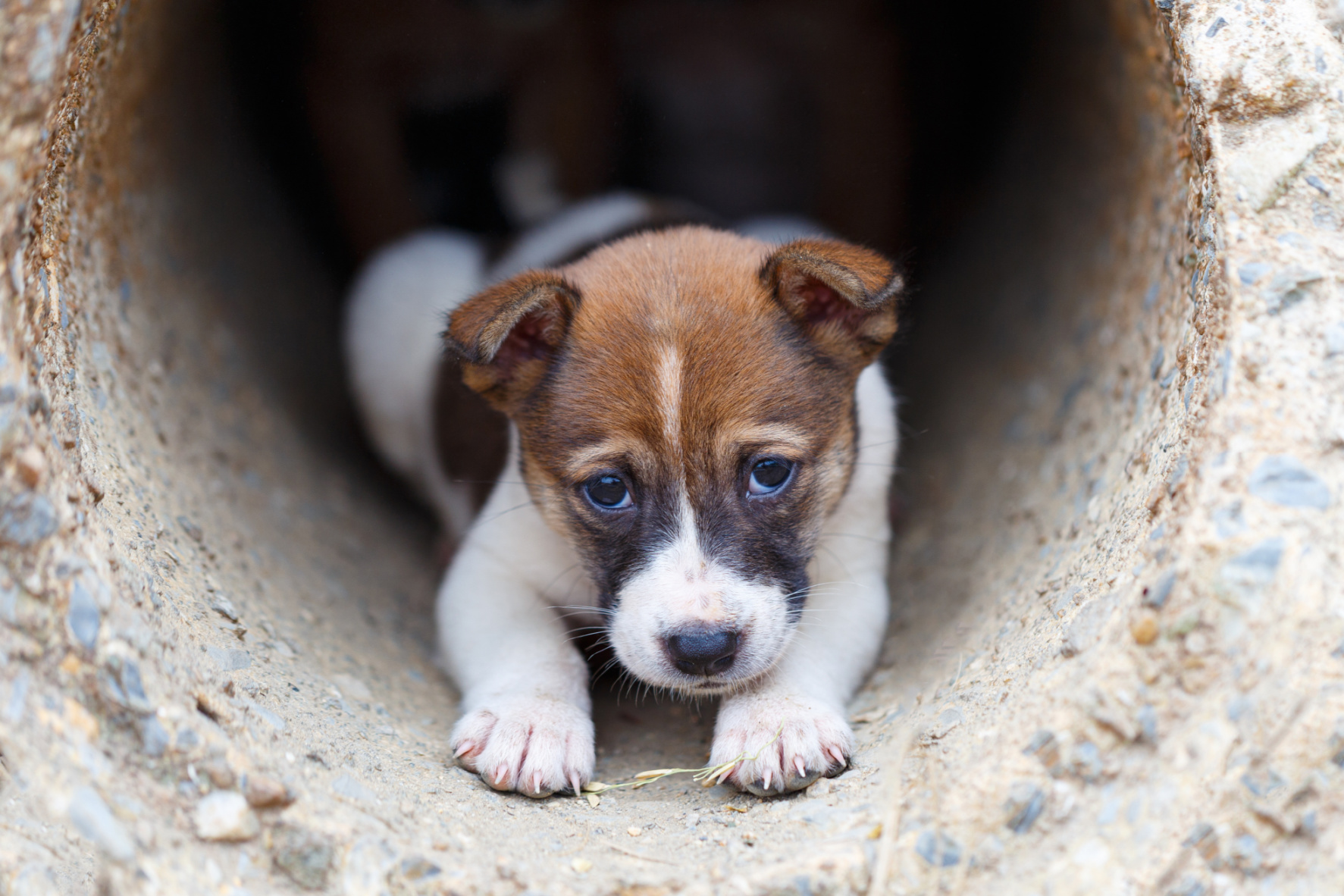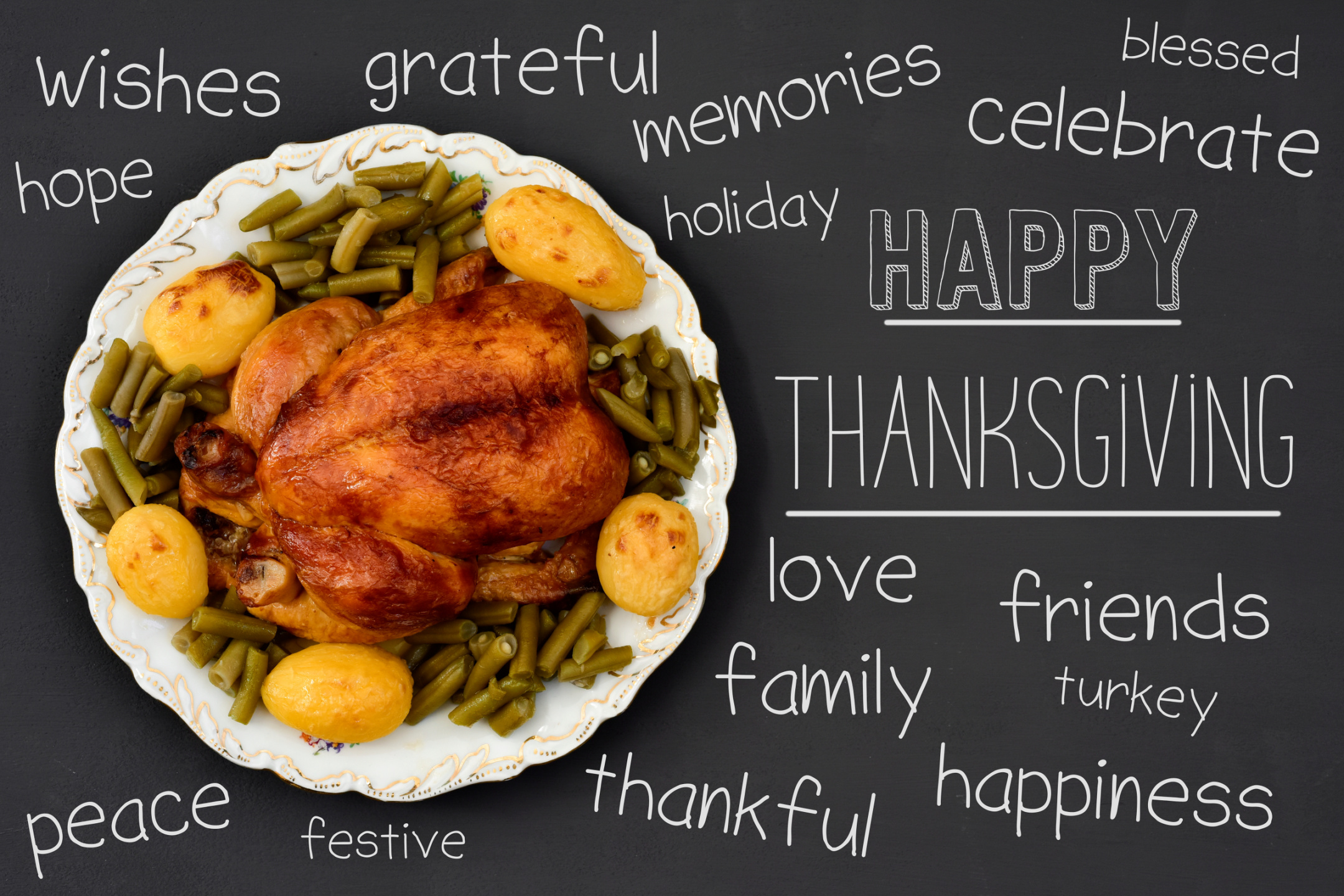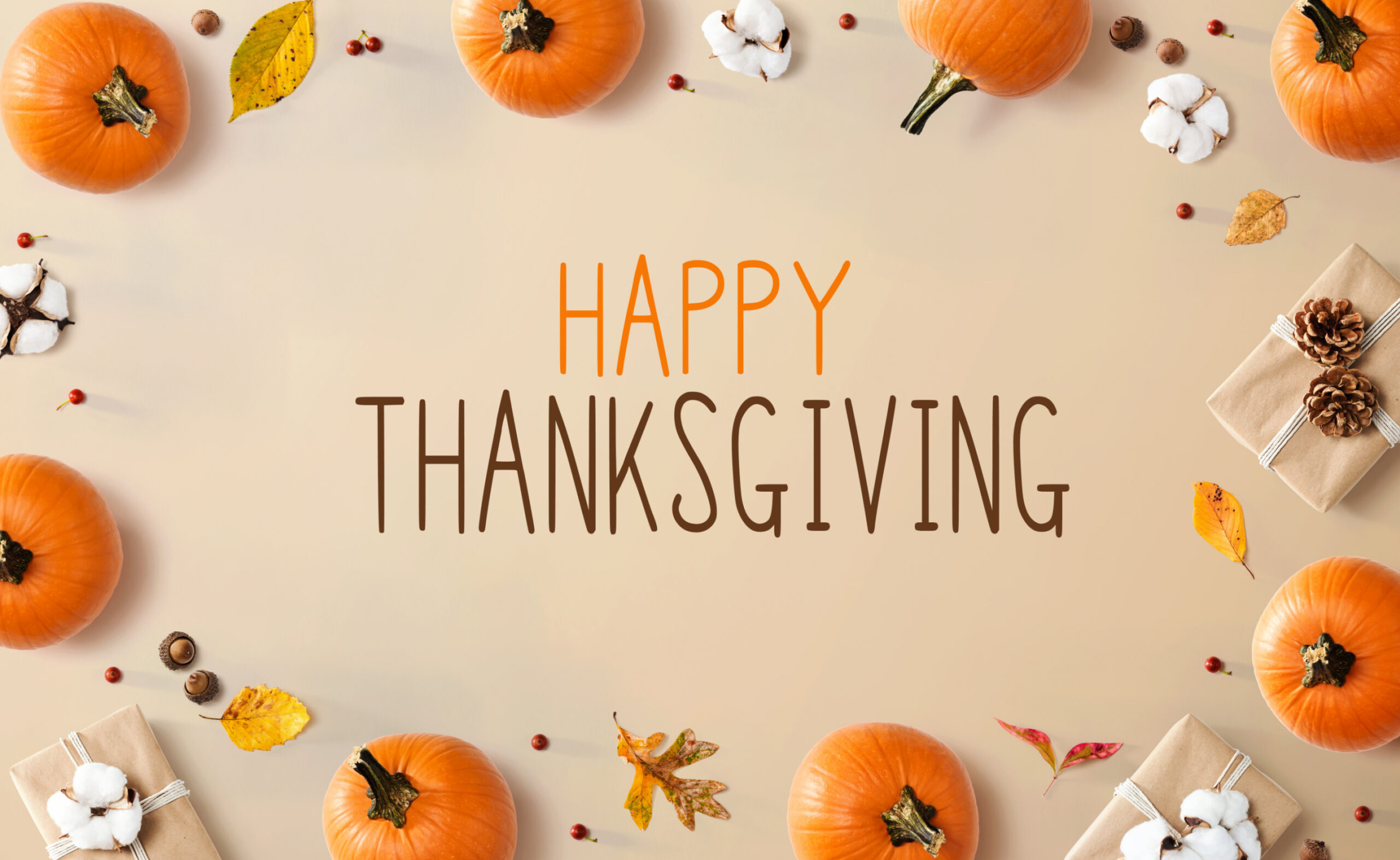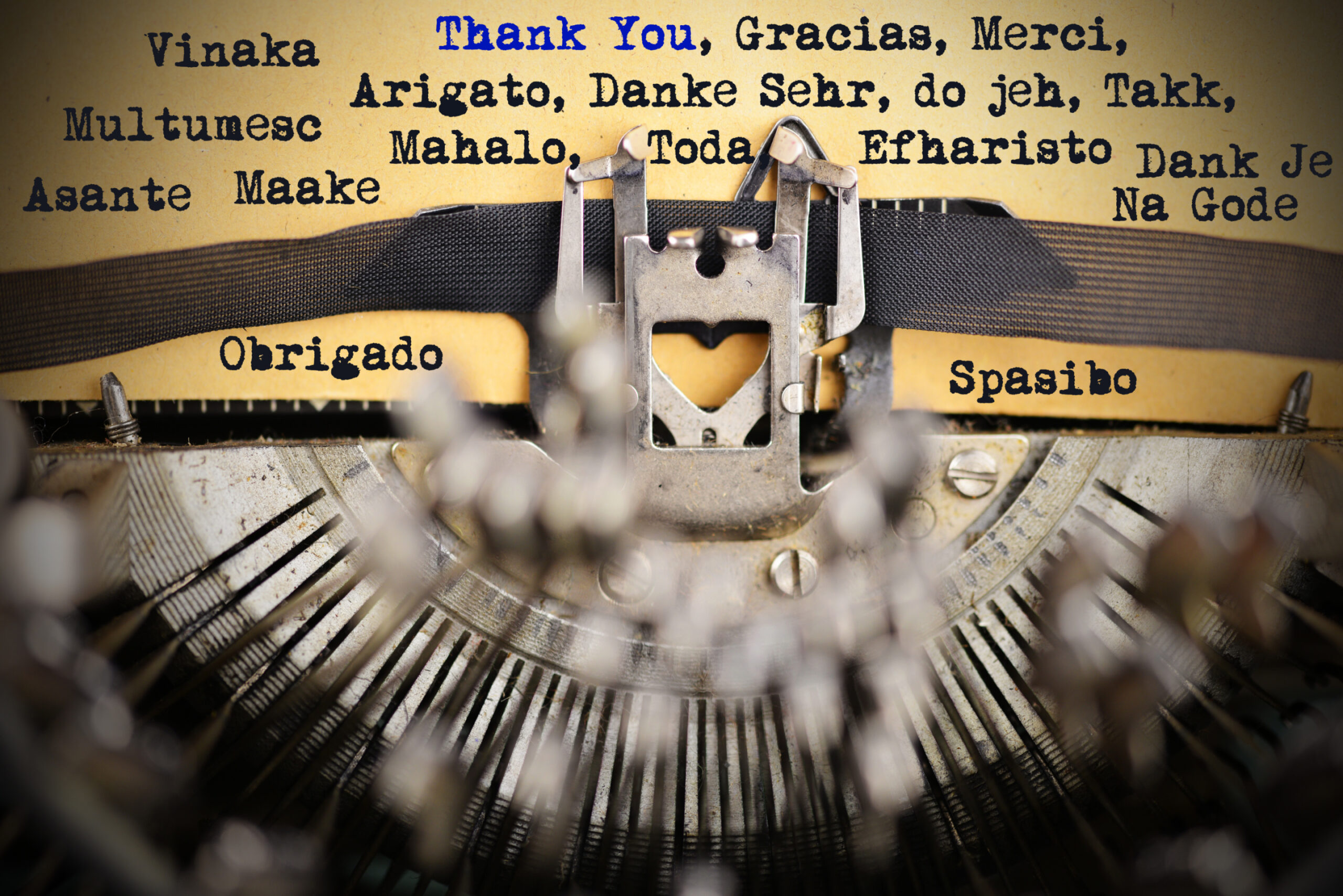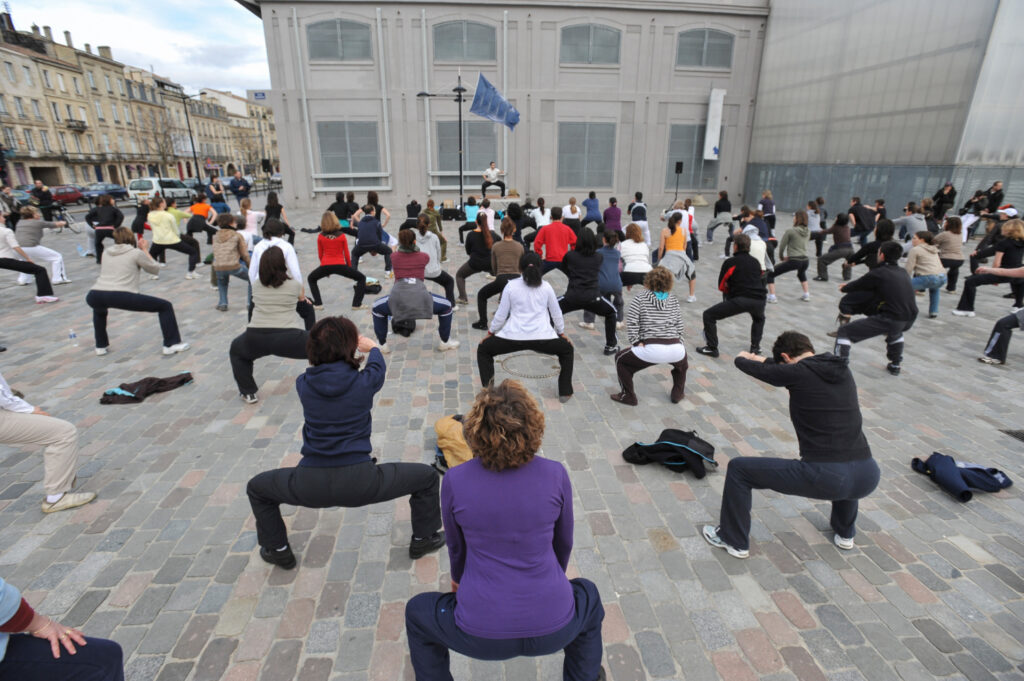
We’re halfway through 2025, and you can feel it in the air—an exhaustion that goes beyond just needing a vacation. It’s not just the record-breaking heatwaves blanketing the country or the unpredictable price of gas giving us whiplash at the pump. It’s a deeper fatigue. A kind of collective burnout that’s slowly been seeping into every corner of American life.
A new report from Gallup found that nearly 60% of U.S. workers say they feel emotionally detached from their jobs. Another study this month shows worker productivity has dropped sharply, with economists blaming everything from economic uncertainty to political dysfunction to—yes—good old-fashioned burnout. And it’s not just employees. Parents, teachers, small business owners, and even students are reporting higher stress levels and lower enthusiasm than in years past. So what’s going on?
Part of it is that we’ve never fully recovered from the cultural upheaval of the past few years. The pandemic scrambled our routines. Politics poisoned our timelines. Social media became a non-stop doom scroll of fear, anger, and division. We were told to adapt, adjust, pivot. And we did. But somewhere in all that “resilience,” we forgot to refuel.
Now, here we are, running on empty.
Burnout isn’t just about being tired. It’s about feeling stuck. It’s the sense that no matter how hard you try, you’re not getting anywhere. And right now, a lot of Americans feel that way—not just at work, but in life. Our institutions feel broken. The news feels like Groundhog Day. Promises of “better days ahead” start to ring hollow when it feels like we’re constantly bracing for the next crisis—whether it’s economic, environmental, or ideological.
But the real danger of burnout isn’t just in the productivity reports or mental health surveys. It’s in what it does to our spirit. When people are burned out, they disengage. They stop believing that things can change, or that it’s even worth trying. And a disengaged nation is a vulnerable one.
We’re vulnerable to apathy. To cynicism. To the idea that someone else will fix it—or worse, that no one can.
We saw it in the last election cycle, where turnout among younger voters dipped despite massive efforts to rally them. We see it in the rise of “quiet quitting,” not just from jobs, but from communities, churches, civic groups, and even friendships. People are pulling back, going inward, retreating. Not because they don’t care—but because they’re tired.
So how do we push back against this wave of burnout? Not with productivity hacks or self-help slogans. But with a real conversation about purpose.
Purpose is the antidote to burnout. When people believe their work, their voice, their vote, or their community involvement matters, they keep showing up—even when it’s hard. That’s what built this country: people who showed up, day after day, for something bigger than themselves.
And that’s what we need now.
We need leaders who understand that people don’t just need policy—they need inspiration. We need communities that value connection over chaos. We need schools and workplaces that prioritize people, not just output. And we need a culture that rewards commitment, not just clicks.
The good news? Americans are still capable of incredible things when we believe they matter. You can see it in the small towns rallying to rebuild after natural disasters. In volunteers handing out meals to kids when school is out. In the teachers staying after hours because one student needed a little extra help. In the neighbors mowing an elderly veteran’s lawn without being asked.
These are not viral moments. They are not trending hashtags. But they are the heartbeat of a country that still believes in something.
If we want to fight burnout, we have to remind people why it’s worth being engaged in the first place.
So maybe this summer, instead of just checking out—we check in. On each other. On our purpose. On what kind of America we want to wake up to in the fall.
Because burnout may be real. But so is our capacity to rise.
RECENT
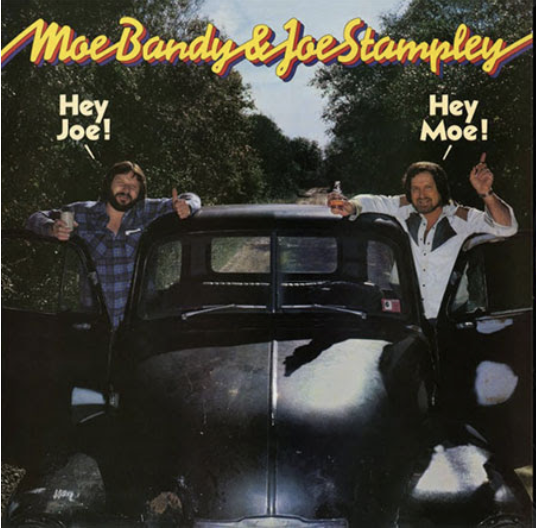
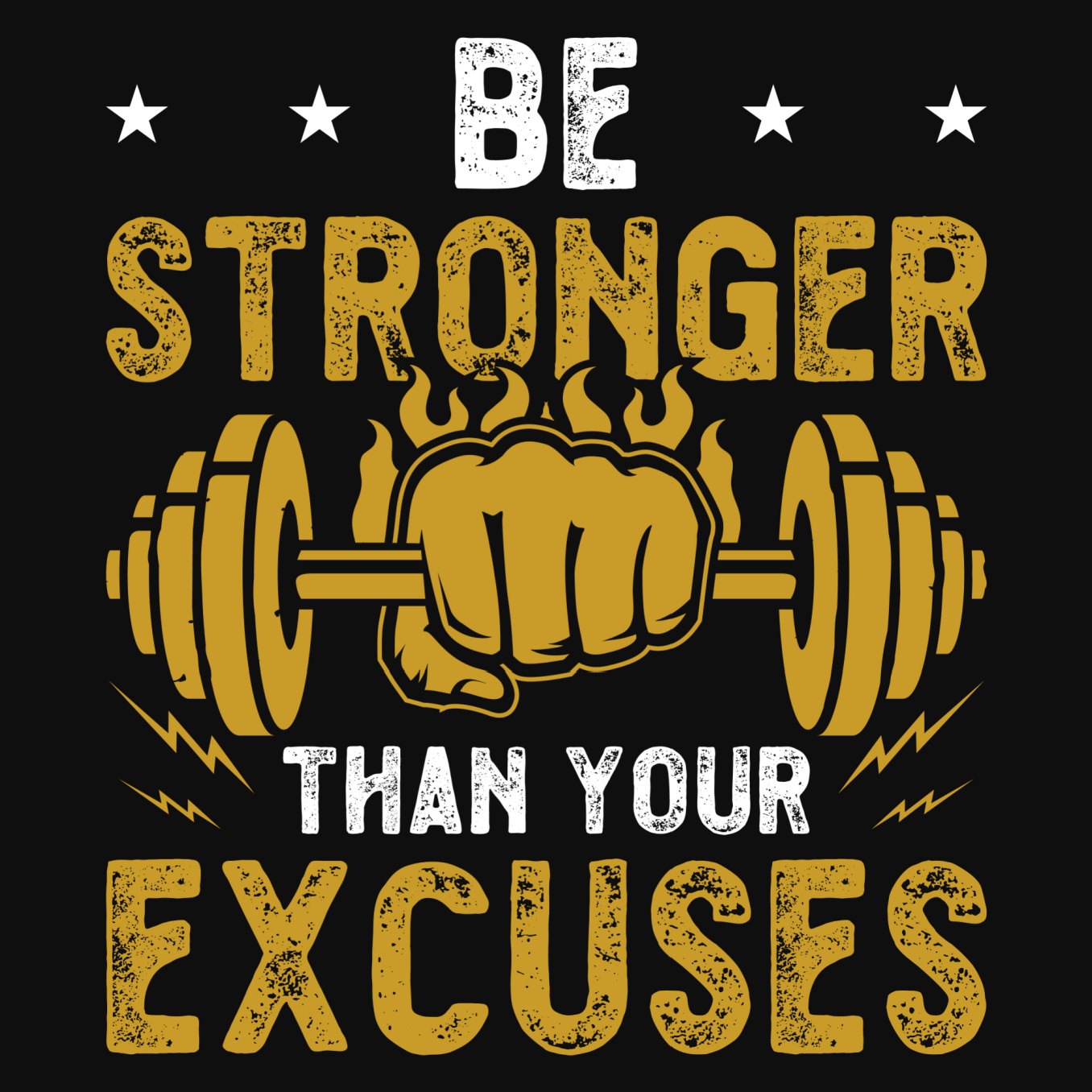
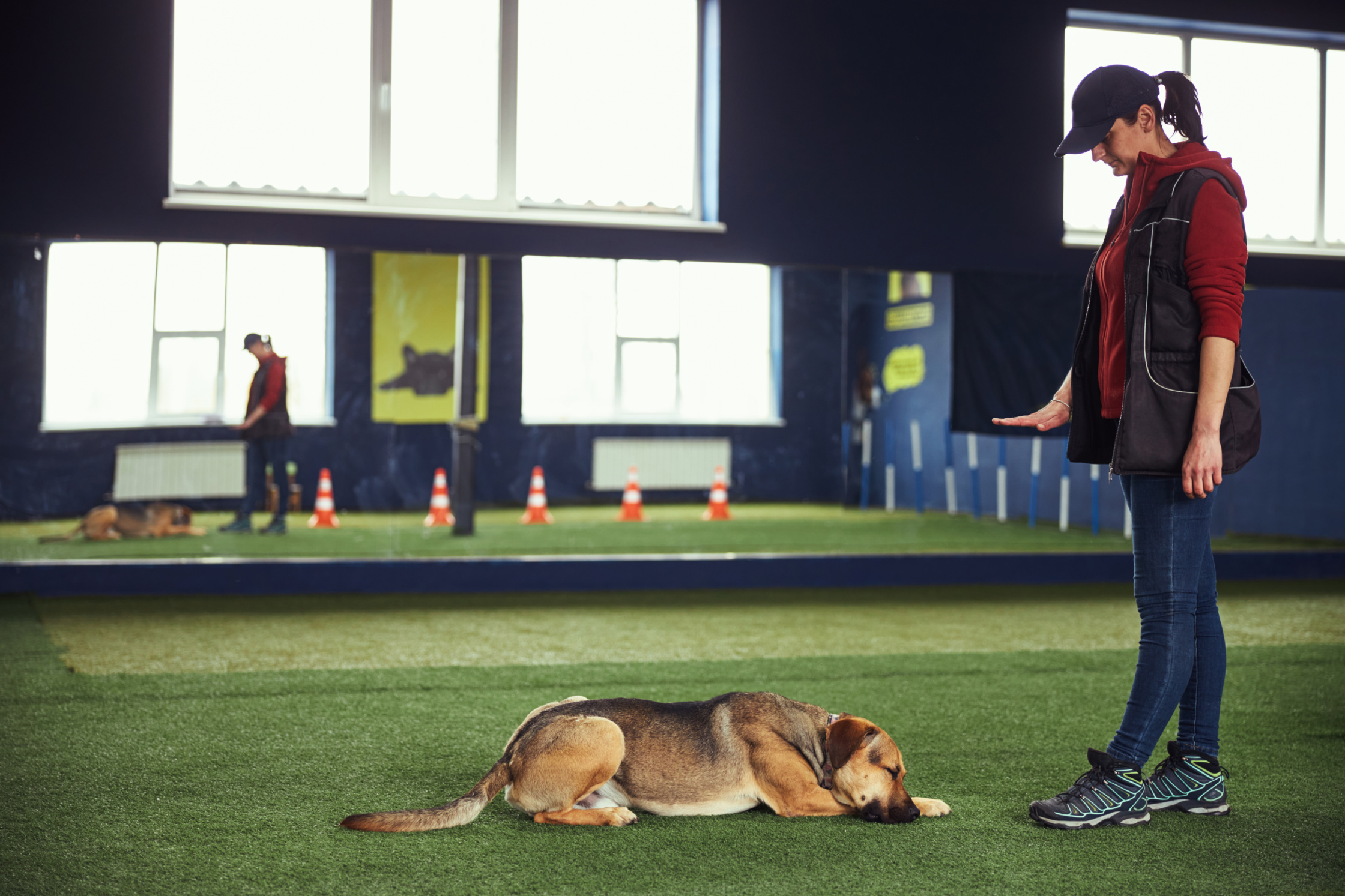
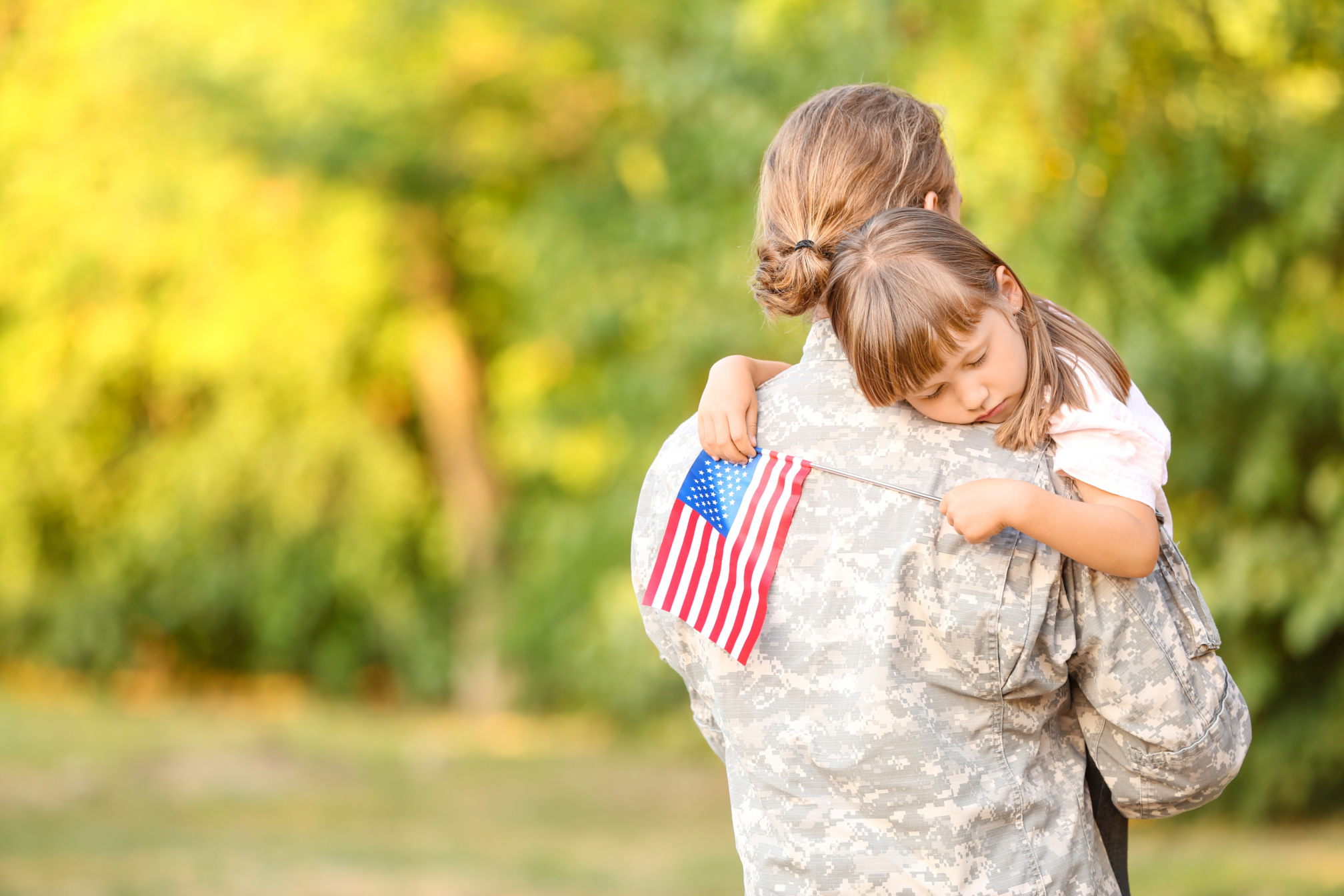
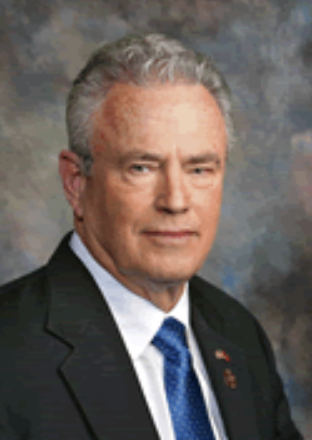
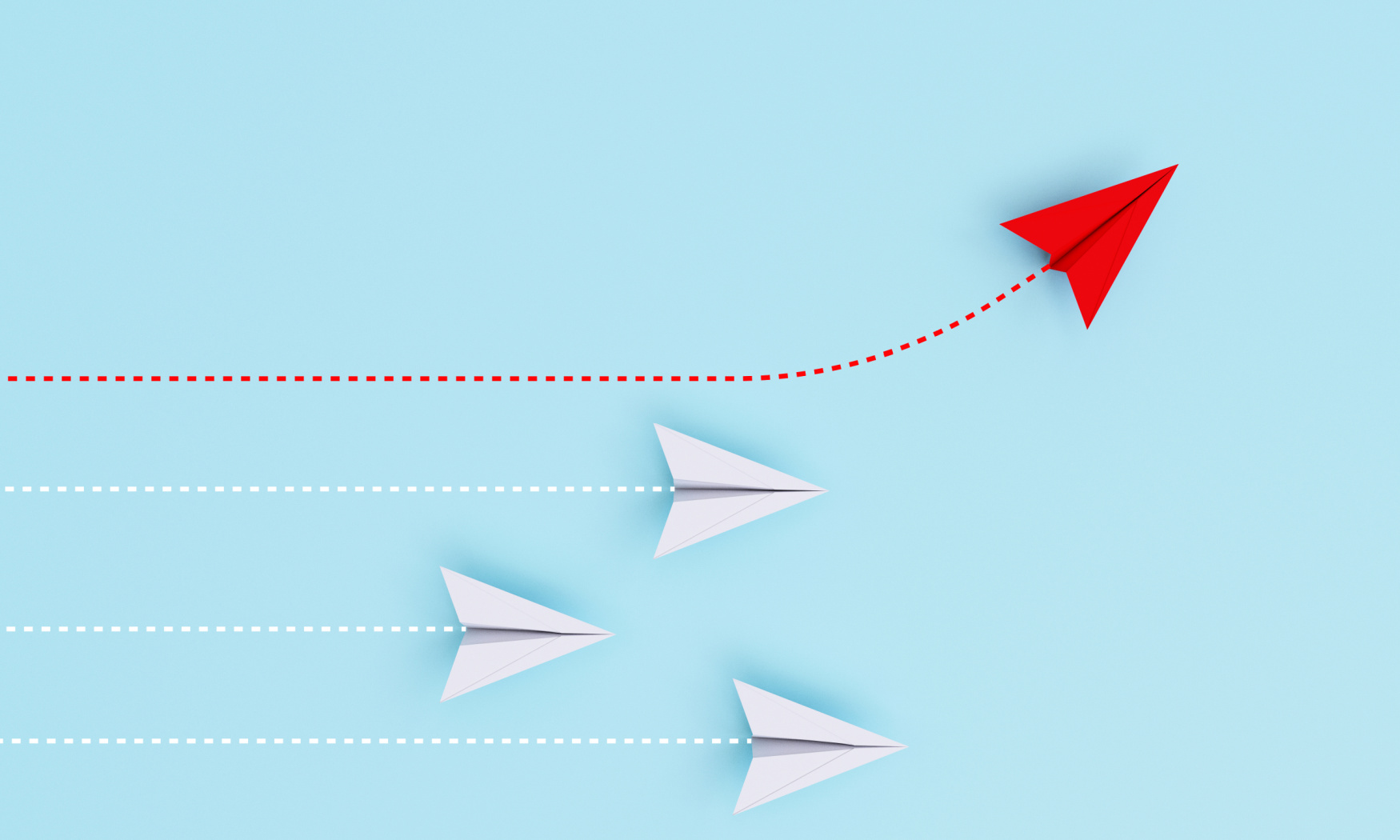
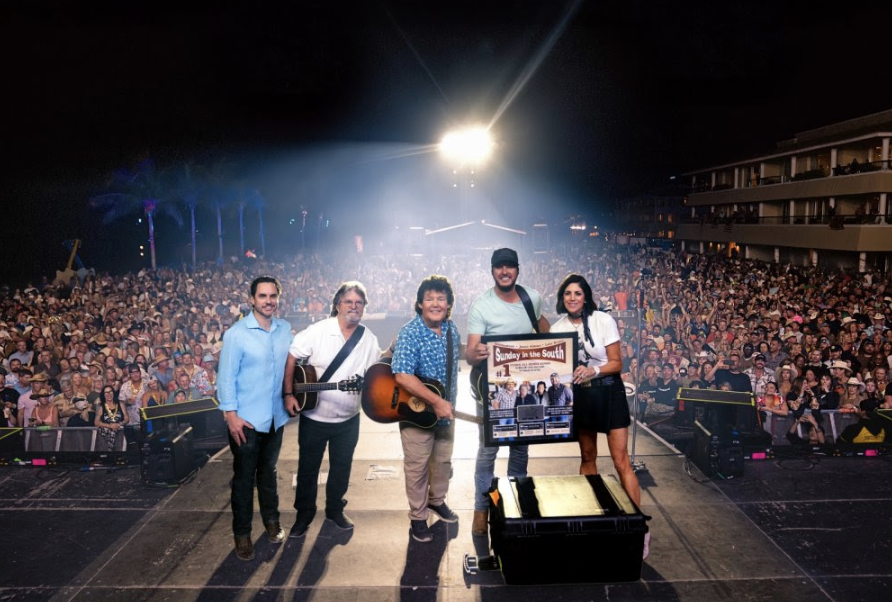
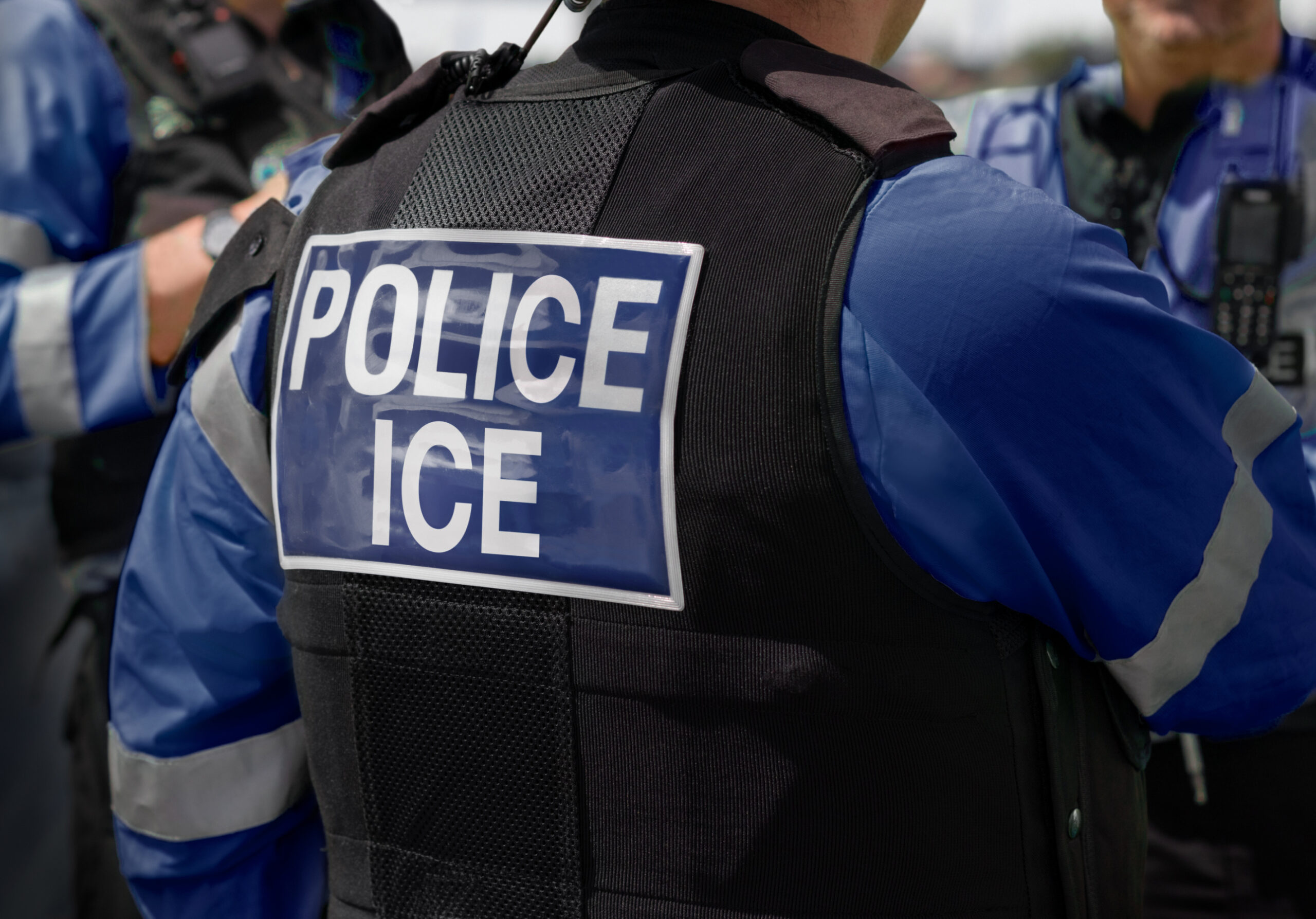
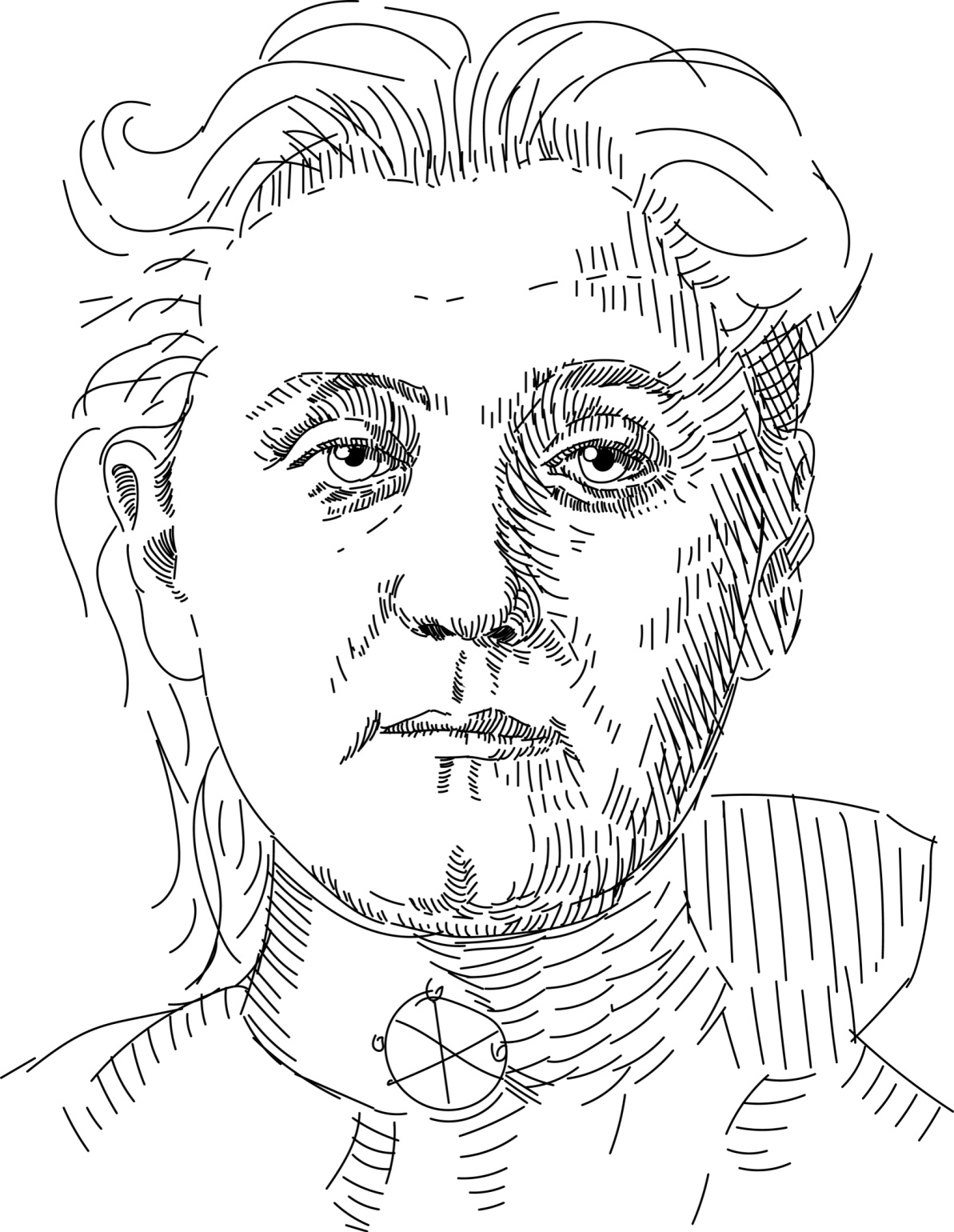
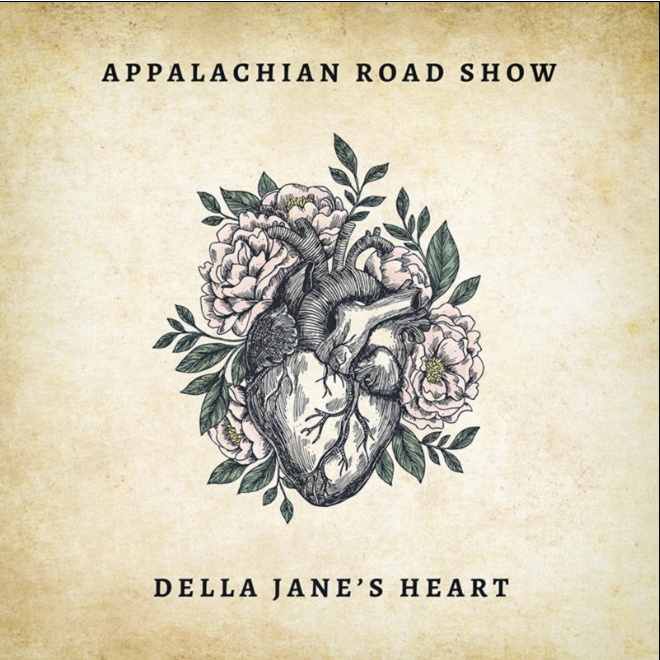
BE THE FIRST TO KNOW

More Content By
Jessica Curtis